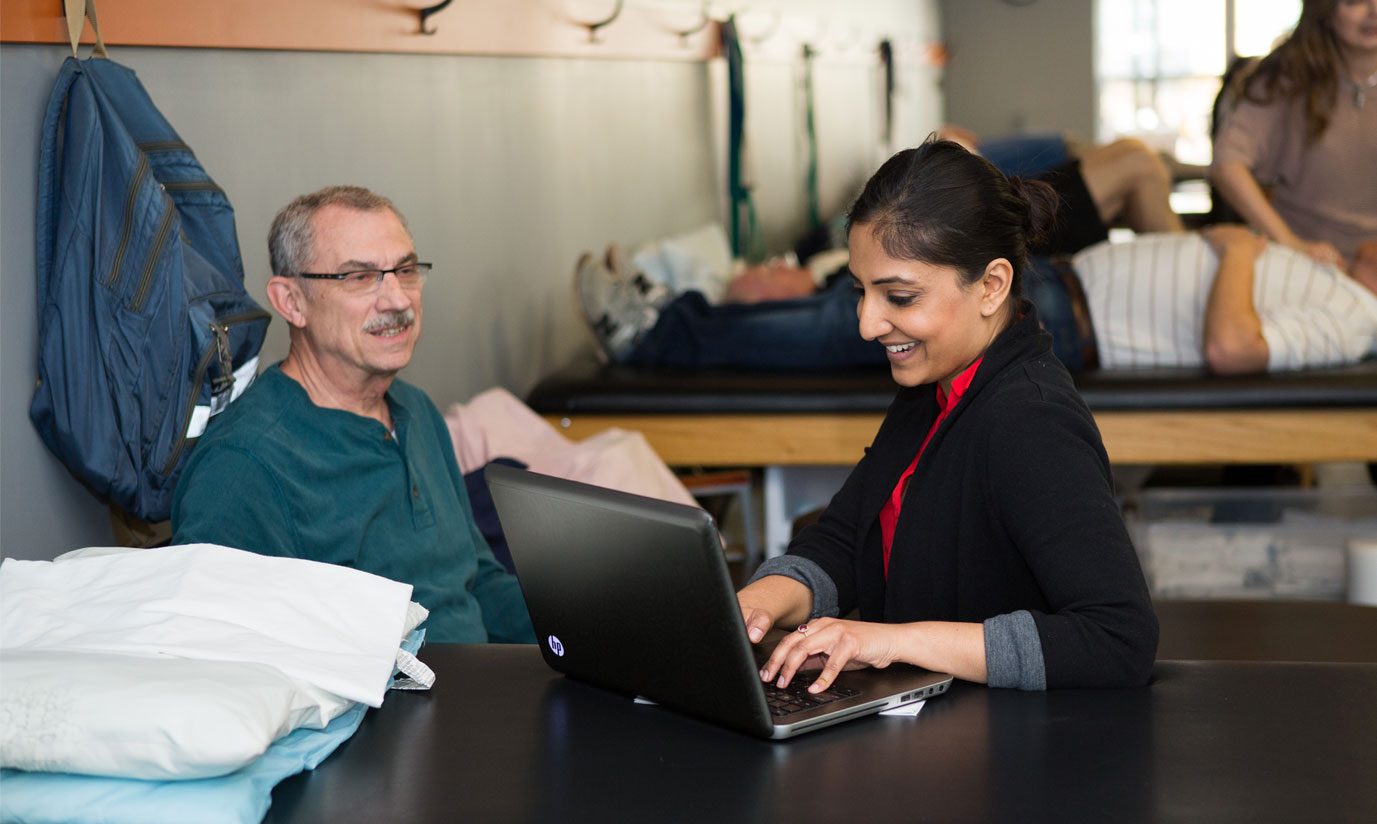
OncoReads: Left/Right Judgment Task for the Chest Region, Part 2: Evidence for Mental Maneuvering in Performance During Chest Versus Shoulder Regions
-
Register
- Non-Member - $100
- PT Member - $60
- PTA Member - $60
- Student - $60
- Post-Professional Student - $60
- Staff - Free!
- *Further discounts may apply once you log in.
Through this course the reader will be able to understand the relationship between orientation difference and chest and shoulder LRJT performance in healthy women and in women after BrCA treatment.
Learning Objectives:
- The learner will develop an understanding of the relationship between orientation difference (OD) and chest and shoulder LRJT performance.
- The learner will be able to identify which LRJT’s elicit mental maneuvering.
- The learner will be able to understand the non-linear nature of the relationship and that it does not support the “exact match” hypothesis.
- The learner will be able to identify specific impairments in LRJT performance in the BrCA group.

Benjamin Boyd
PT, DPTSc
Ben works as a Physical Therapist at Stanford ValleyCare in Livermore, California where he specializes in persistent pain conditions, working with both individual clients and group classes. He has worked as an outpatient Physical Therapist in multiple practice settings within the San Francisco Bay Area, seeing patients with a variety of neuromusculoskeletal complaints. He received certification as an Orthopedic Clinical Specialist through the American Physical Therapy Association in 2008. In addition, Ben was an Associate Professor at Samuel Merritt University in Oakland, California for 12 years, where he taught in their entry-level Physical Therapy Program. He continues to work as an Adjunct Associate Professor for this program, teaching on a part-time basis. Ben has been teaching courses on peripheral nervous system anatomy, biomechanics, clinical evaluation, and intervention since 2004 and he joined the NOI US teaching faculty in 2013. Ben originally graduated from the joint program at the University of California, San Francisco and San Francisco State University (UCSF/SFSU) with a Masters of Science in Physical Therapy in 2002, returning in 2008 to earn his Doctor of Physical Therapy Science degree. Ben has been involved in research examining neuropathic pain conditions, including the mechanosensitivity of the nervous system in people with Diabetes Mellitus and in women post breast cancer treatment. Ben grew up in the East Bay and continues to enjoy the rich diversity of cultures, foods, events, and outdoor recreational activities that the Bay Area has to offer.

Betty J. Smoot
PT, DPTSc

Robert J. Nee
PT, PhD, MAppSc
Course Instructions
- Click on the Contents tab to view the course materials.
- Click the Take Quiz button to complete the assessment. Learners will have 3 attempts to pass and must answer at least 70% of questions correctly.
- Click Fill Out Survey under the Evaluation listing to provide valuable course feedback. Scroll down on all questions as there may be answer options that expand past the size of the window.
- Click the View/Print Your Certificate button under the Certificate listing. You can view/print your certificate at any time by visiting the APTA Learning Center and clicking the CEU Certificate/Transcript link on the left-hand side of the page.
Need Assistance?
For assistance logging in, accessing activities, claiming credit, or for other questions or concerns, please e-mail learningcenter@apta.org.



